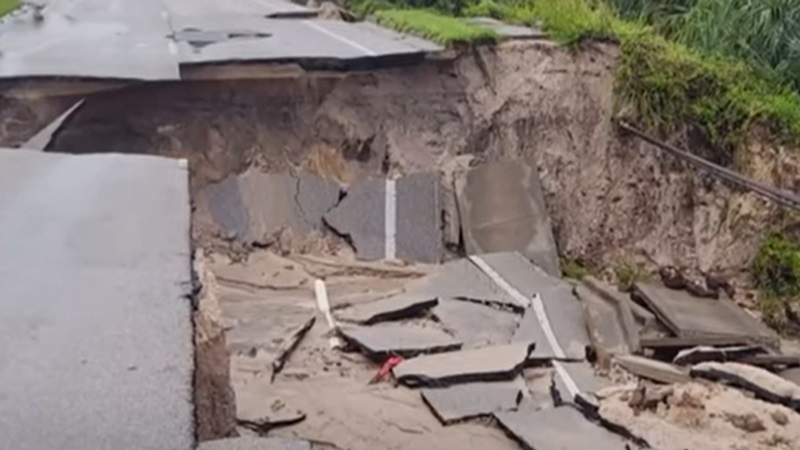
When seconds count, help is minutes away. That’s the old saying about the reality that everyone is their own first responder. The recent deadly hurricane seasons show that we could amend that cliche to say hours or even days away.
This reality doesn’t mean that emergency responders can’t be trusted for rescue, it simply means that time is always the enemy of emergencies by definition. Rural areas are impeded by geography and limited resources while urban areas can be overwhelmed with 911 calls delaying response time. Disasters such as hurricanes Helene and Milton can leave victims waiting for rescue and relief as resources are stretched and destruction of roads and bridges making timely access impossible.
Studies show that the national average response time to life-threatening emergencies is seven minutes. If police arrive within five minutes there is a 60% probability that an arrest can be made at the scene. That reduces to 20% if the response time is just two minutes more. The national standard goal for emergency medical services (EMS) is nine minutes. The goal for fire department response is five minutes. Wide variations due to a number of factors, especially with volunteer-staffed fire and EMS departments, contribute to much slower arrival.
Five minutes is fast, but to the person calling for help, those minutes seem to pass agonizingly slowly, and that’s no less true for officers needing backup or firefighters needing additional equipment. Americans are fortunate to have dependable responders, but our expectations often exceed reality. Citizens must take responsibility for being prepared to deal with emergencies during those long minutes or hours.
The most responsible households may be accused of paranoia by being ready to face a variety of emergencies and disasters, but foresight and planning beat regret every time. An important component of planning is that the brain is much less likely to be in a panic mode under the stress of making an immediate decision. Feeling that a situation is out of control leads to a delay in responding when fear, however well-justified, causes the mind and body to be overwhelmed and frozen.
Ready.gov is a website with a lot of good information on preparedness for a variety of emergencies. One thing that I didn’t see on the site was a person’s preparedness for crime. The basics of crime prevention focus on protecting one’s home from intruders. The obvious tools are keeping doors and windows locked, installing cameras, and knowing the safest place in the home for retreat. Choosing to have a weapon in the home is a balance between having quick access and protecting children, visitors, or others who must not gain easy access. A number of storage devices seek to answer this problem. Many states have laws requiring safe storage.
No firearm owner should have a weapon with which they are unfamiliar as well as having a working knowledge of the laws of self-defense. Is there a legal obligation to retreat? Does there have to be an imminent lethal threat from an intruder? Can a firearm lawfully be carried in a vehicle or on a person?
Supplies for immediate needs, especially if one must abandon their home for a period of time, can be an exhaustive list. First aid kits to stop bleeding, necessary medication for family members, food – if only some energy snacks, and a flashlight are the basics. A kit with these items, and possibly a change of clothes along with toiletries can help survive a night in a motel or emergency shelter.
Our dependence on cell phones can pose a danger if there is no plan to recharge them. Losing power or being dislocated can cause panic for loved ones trying to check up on you. If you have an emergency contact plan with a phone number memorized, you can direct loved ones ahead of time (or leave the contact information as your voice mail) to contact your third party who lives away from the scene of the disaster whom you can provide information as soon as you are able and who then can pass that information on to others.
The possibilities for preparation are as diverse as the possibilities for an emergency or disaster. Something is always better than nothing. The motto of the Boy Scouts since 1907, and its Latin version as the motto for the U.S. Coast Guard is “semper paratus” – always be prepared – is the key to survival before help arrives.
Make a difference. Support the NPA.